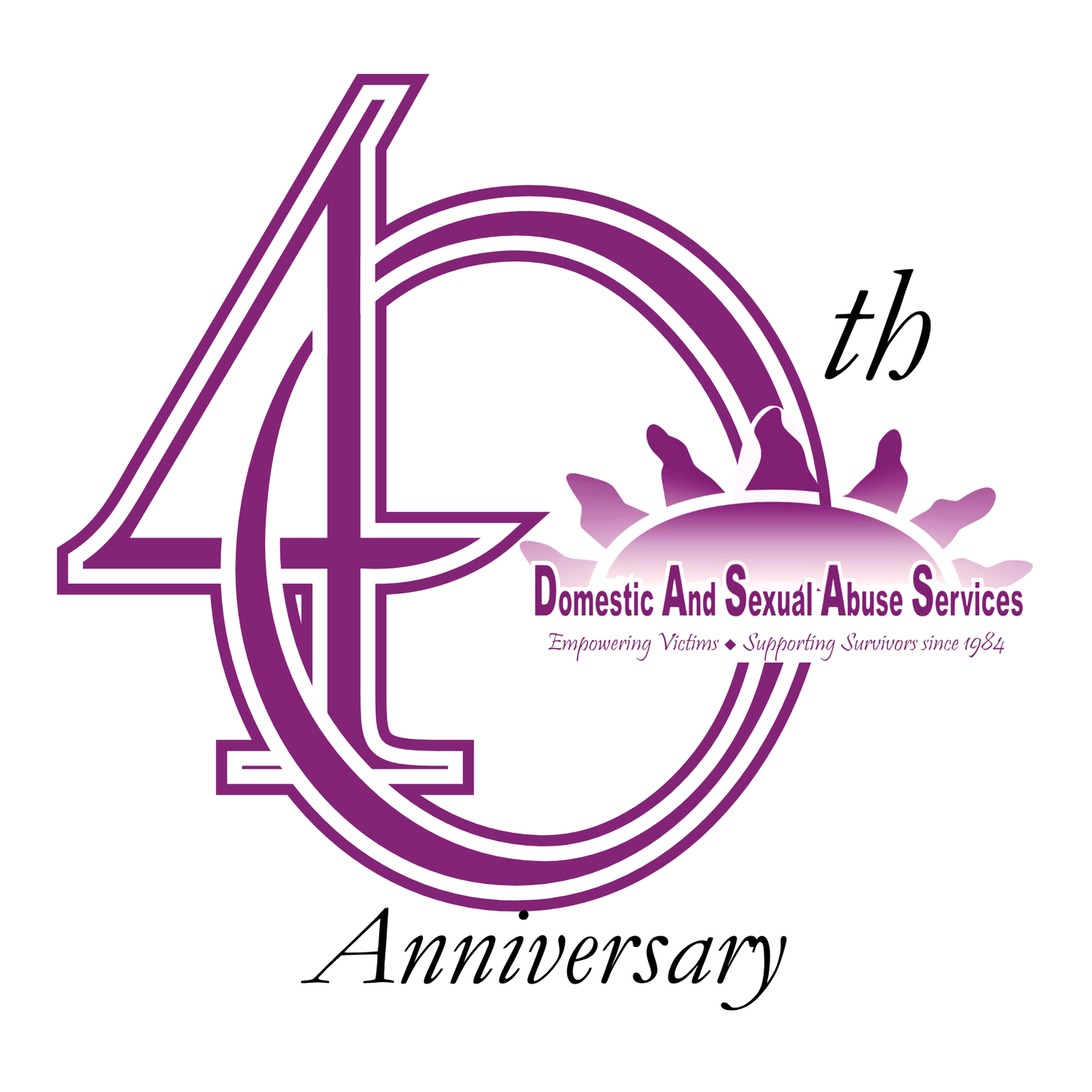Bystander Intervention - What to do if You Witness Abuse
It may not be safe or effective to directly confront the abuser in every case, but there are a range of ways bystanders can be involved before, during, or after a situation when they see or hear behaviors that promote violence. Deborah Hackworth goes over some bystander intervention information on this episode.
Below are some intervention tips and strategies:
Disrupt the situation. Every situation is different, and there is no one way to respond. When you witness a person being harassed, threatened, or followed by someone, you can try to distract the harasser or insert yourself into their interaction to help the targeted person get out of the situation. For example, if you see someone on the street being verbally harassed, you can interrupt the harasser and ask them for directions. You can also intervene by pretending to know the person being harassed and starting a conversation with them as an opportunity to come between them and the harasser.
Don’t act alone. Get support from people around you by calling on others to help. The more people who come together to interrupt a situation, the more you reinforce the idea that the behavior is not acceptable in your community. This can be as simple as saying, “Let’s say something to them so they stop.” If you do not feel safe, you may consider contacting the police.
Set the expectation to speak up and step in. Talking openly and responding directly to inappropriate behaviors will have a snowball effect and encourage others to respond. It shows you recognize the comment or behavior is unacceptable and shows others it will not be tolerated. For example, if you are in a group setting and you hear someone make inappropriate comments, you can say:
Are you hearing what I am hearing?
I can’t be the only one who thinks this is not OK.
I don’t see how XYZ is relevant or appropriate to this discussion.
I know you’re a better person than that.
Understand how your privilege positions you to speak up. Your age, race, gender, etc. may make it safer for you to speak up and be vocal about harassment – especially when you are not the target or representative of the target group.
Focus on the needs and experience of the target and ensure they receive the support the need.
Let them know that what has happened to them isn’t their fault.
Affirm that they didn’t do anything wrong.
Express your support for the individual. – I saw what they just did. Are you OK? – I heard what that person said to you. I am so sorry.
Take action online. Everyone can help address an online culture that tolerates rape and sexual violence. Online comments that blame victims contribute to a broader climate in which sexual violence is tolerated and not taken seriously.
Believe and support survivors. For example, thank survivors for sharing their stories in the comments of news articles and blog posts.
Respond to victim-blaming, rape jokes, or other problematic comments on social media: Post a response like, “Sexual assault is never the survivor’s fault. ”Refocus accountability on the individual(s) who committed sexual abuse.
Link to an educational resource about sexual violence prevention, like those that can be found at nsvrc.org/publications.
Be proactive. Practice with friends and family what you would say and how you would say it if you’re ever put in the situation where you need to confront a harasser. Think of how you would like others to take action on your behalf, or reflect on a situation where you wish you had acted differently.
——————
If you need resources or help in any way, call our 24 hour hotline at 800-828-2023 or visit www.DASASMI.org.
Subscribe for a new episode each week. We publish every Wednesday morning at 8:00am. Subscribe to the weekly email newsletter here or at our website here.
We appreciate your help in spreading the message of hope. You can help us reach more listeners by leaving a written review on Apple Podcasts or where you listen, and by sharing on social media.
